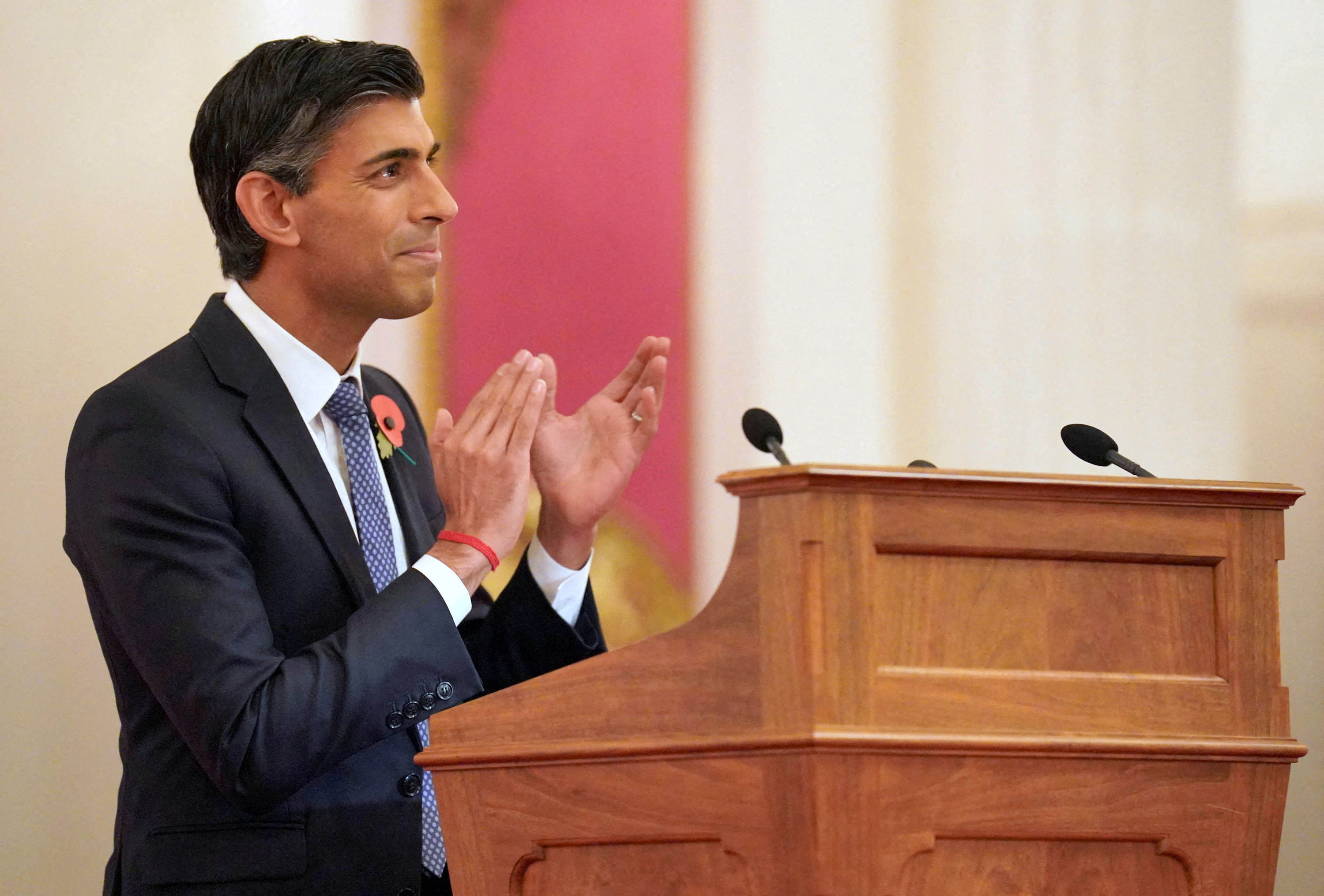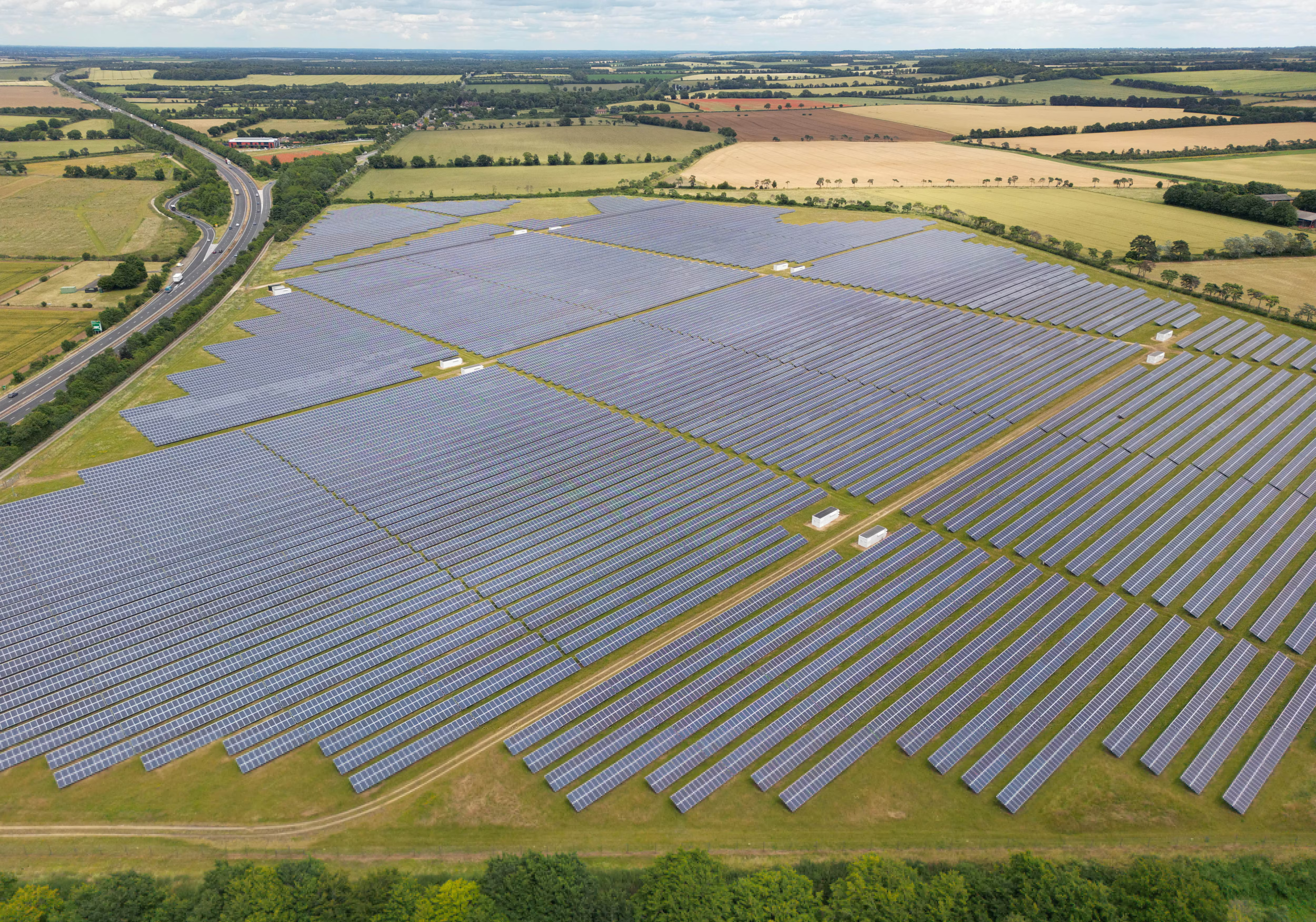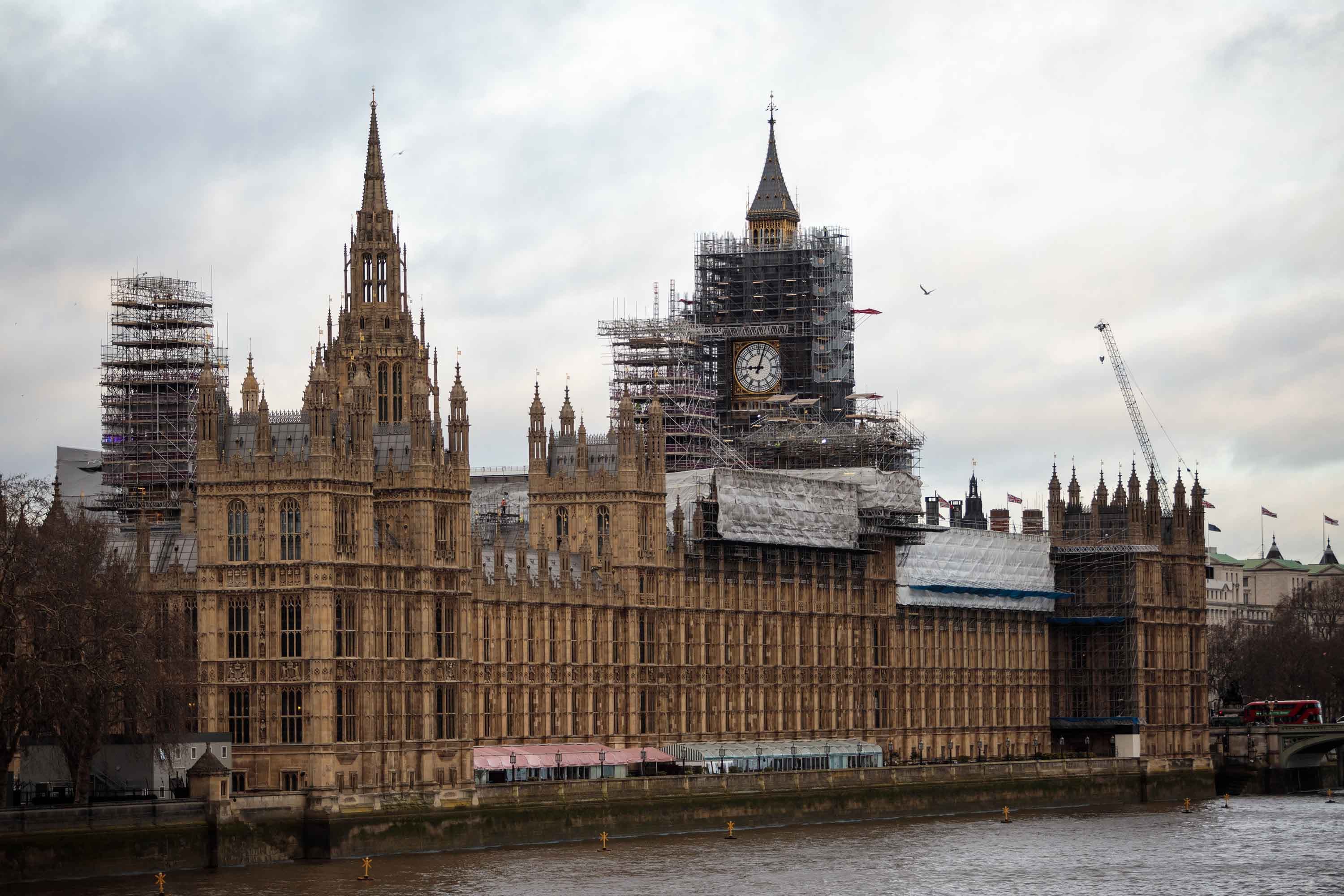Energy Abundance Meets Consumer Needs
Imagine a scorching summer day in 2035 when Britain generates more clean energy in a single hour from solar farms than its entire grid does in 90 minutes. This scenario, projected by the National Energy System Operator (NESO), paints a picture of incredible energy abundance. However, the reality is that while our energy sources become greener, millions of households still face the prospect of sweltering heat without adequate cooling solutions, leading to a disturbing intersection of climate policy and social justice.
Air Conditioning Stigma Must End
The current social and environmental discourse tends to vilify air conditioning (AC) as a symbol of excessive consumerism. Critics argue that comfort should not take precedence over climate action. This perspective, often rooted in a misguided form of environmentalism, fails to recognize the immediate, pressing needs of vulnerable populations who suffer from extreme heat. According to a report by GOV.UK, as Britain moves towards relying on 95% green energy by 2030, it’s time to rethink our approach to AC as a viable tool for comfort and health.

COP 27-UK"s Rishi Sunak says climate and energy security go …
Rethinking Home Heating Solutions
Currently, only 5% of UK households have AC, a stark contrast to nations like Germany and France, where the rates are four and five times higher, respectively. As reported by Solar & Storage Xtra, rising temperatures and increased demand for cooling solutions will soon necessitate a shift in how we think about home heating. The air-to-air heat pump, which can both heat and cool, is critical in this transition. However, government policies are stifling its adoption, as these heat pumps are currently excluded from significant subsidies due to outdated regulations.
Building Regulations Impede Progress
Building regulations like Part O are designed to limit overheating but do so at the cost of comfort and aesthetics. These regulations discourage the installation of reversible heat pumps and large windows, leading to a proliferation of unattractive housing designs that fail to consider the climate crisis. As discussed in a report from Ofgem, homes are being built without adequate ventilation or cooling options, leaving residents reliant on inefficient mobile units and fans.

Gresham House CEO sees US clients looking to Europe for green ...
The Future of Energy and Consumer Behavior
As the UK moves towards a predominantly green grid, the potential for smart tariffs and flexible energy use grows. With projections indicating that by 2027 there may be more than 1,000 periods of ‘plunge pricing’ each year, consumers could save substantial amounts on electricity costs by shifting their energy consumption patterns. However, the current reluctance among consumers to embrace these tariffs, as reported by GOV.UK, highlights the need for policies that prioritize consumer comfort without compromising environmental goals. If we want to achieve Net Zero by 2050, we must adopt a climate realism approach that considers the preferences and needs of everyday people.

![[Video] Massive blackout hits Buenos Aires during intense heat](/_next/image?url=%2Fapi%2Fimage%2Fthumbnails%2Fthumbnail-1767178842442-uldsl-thumbnail.jpg&w=3840&q=75)





![[Video] Gunfire between Iraqi security forces and Sadr militias in Baghdad](/_next/image?url=%2Fapi%2Fimage%2Fthumbnails%2Fthumbnail-1768343508874-4redb-thumbnail.jpg&w=3840&q=75)
